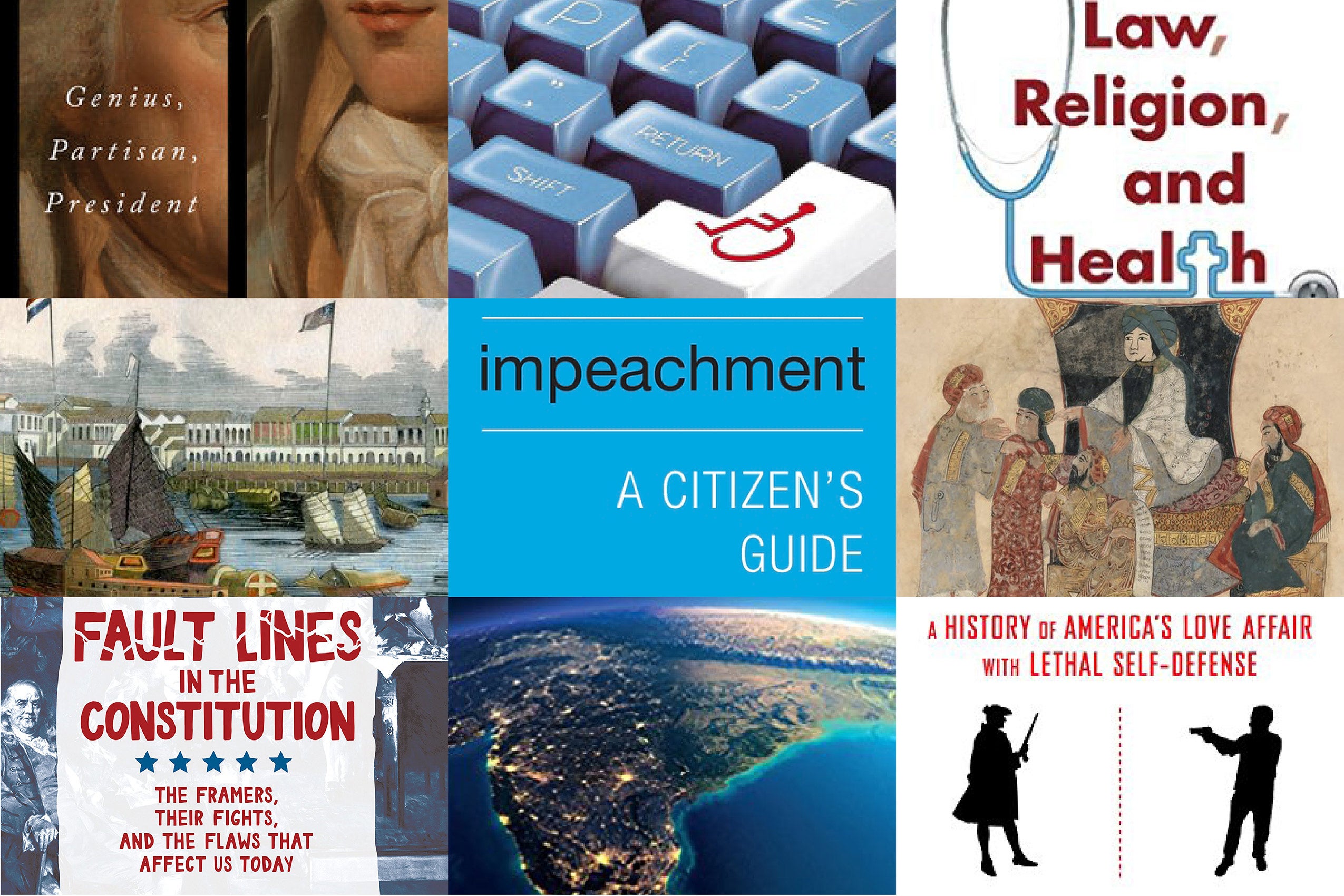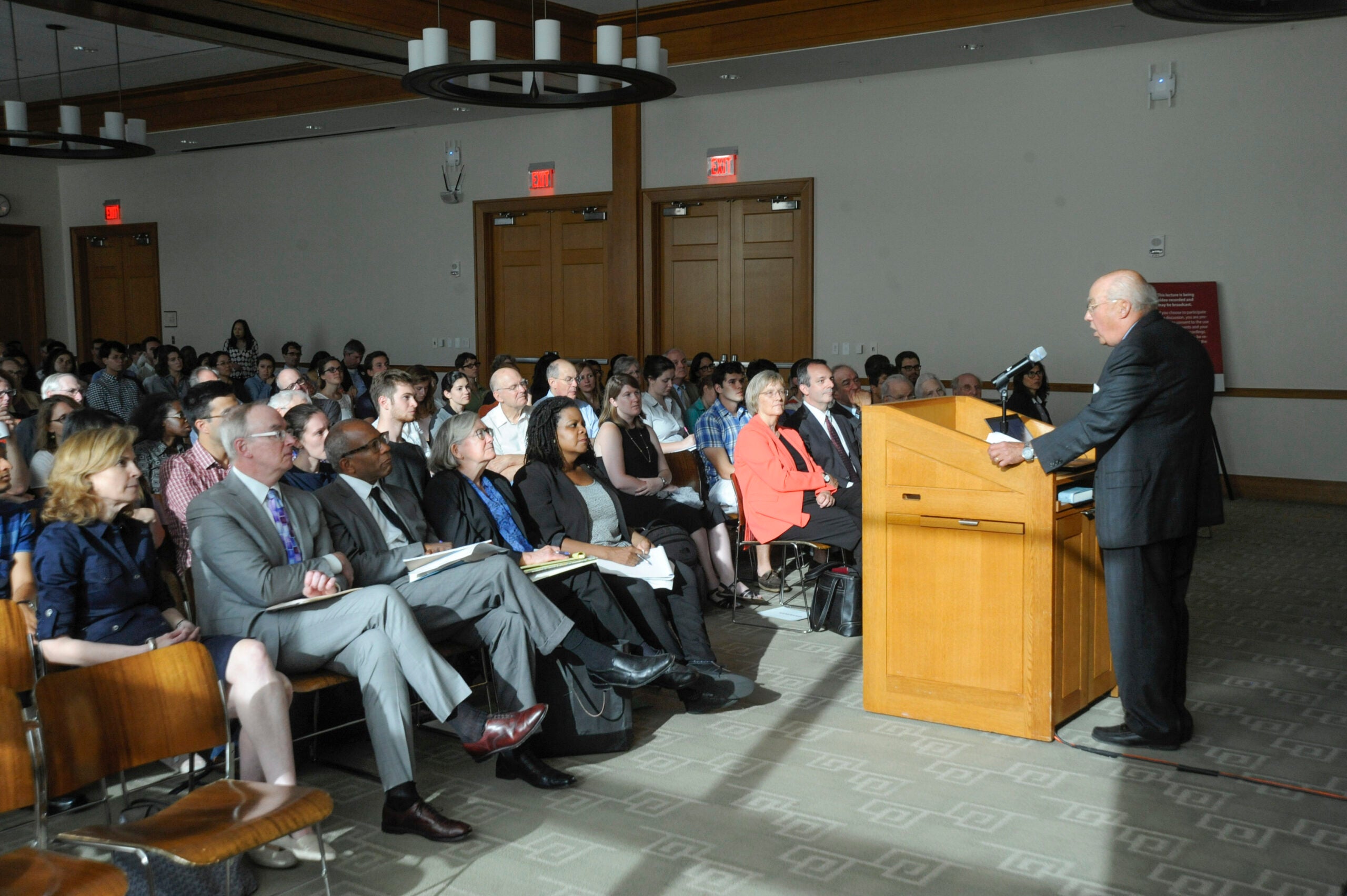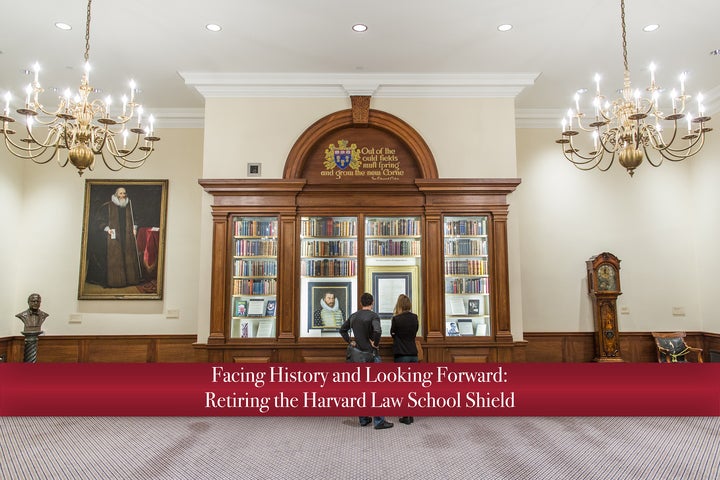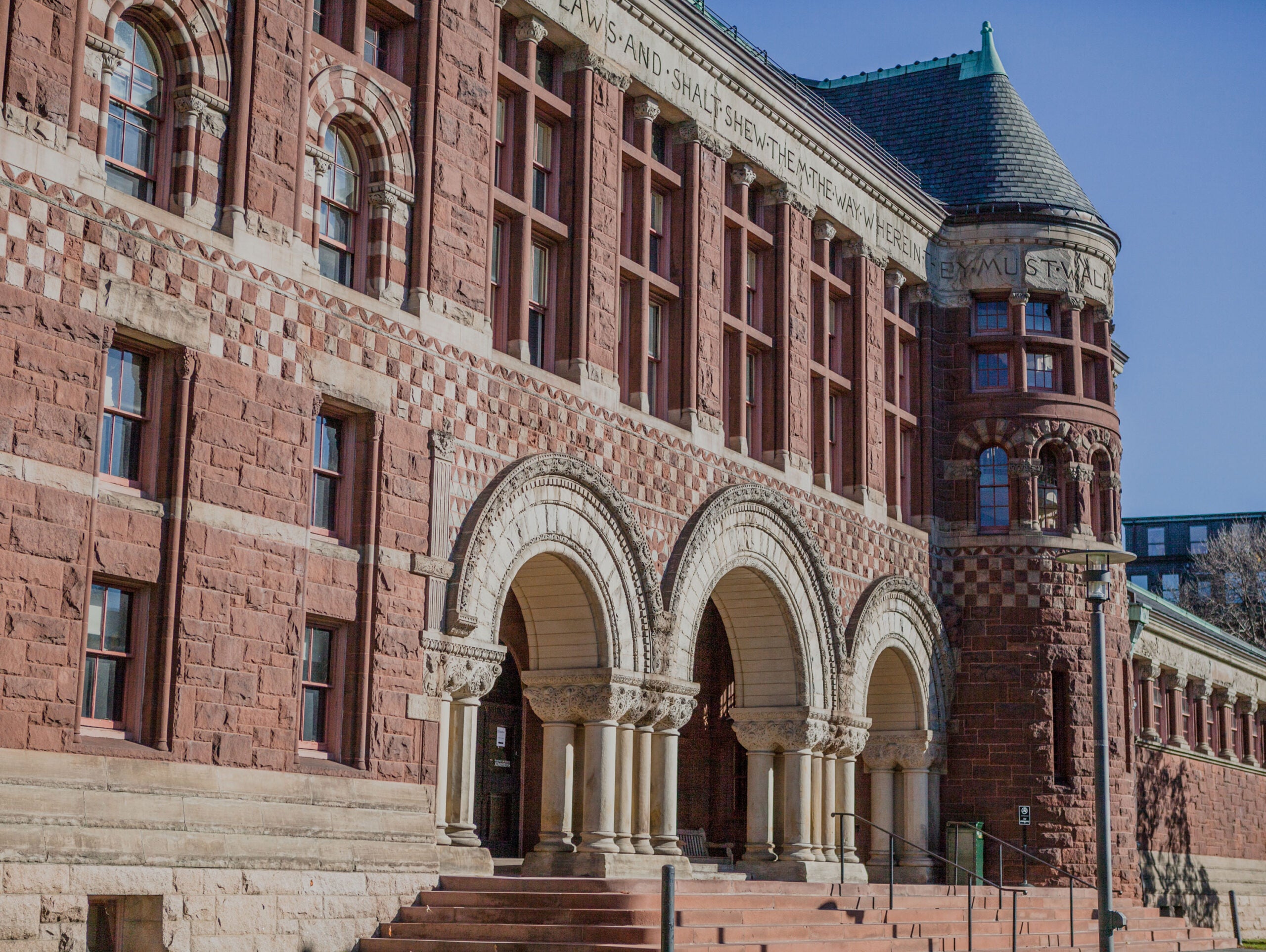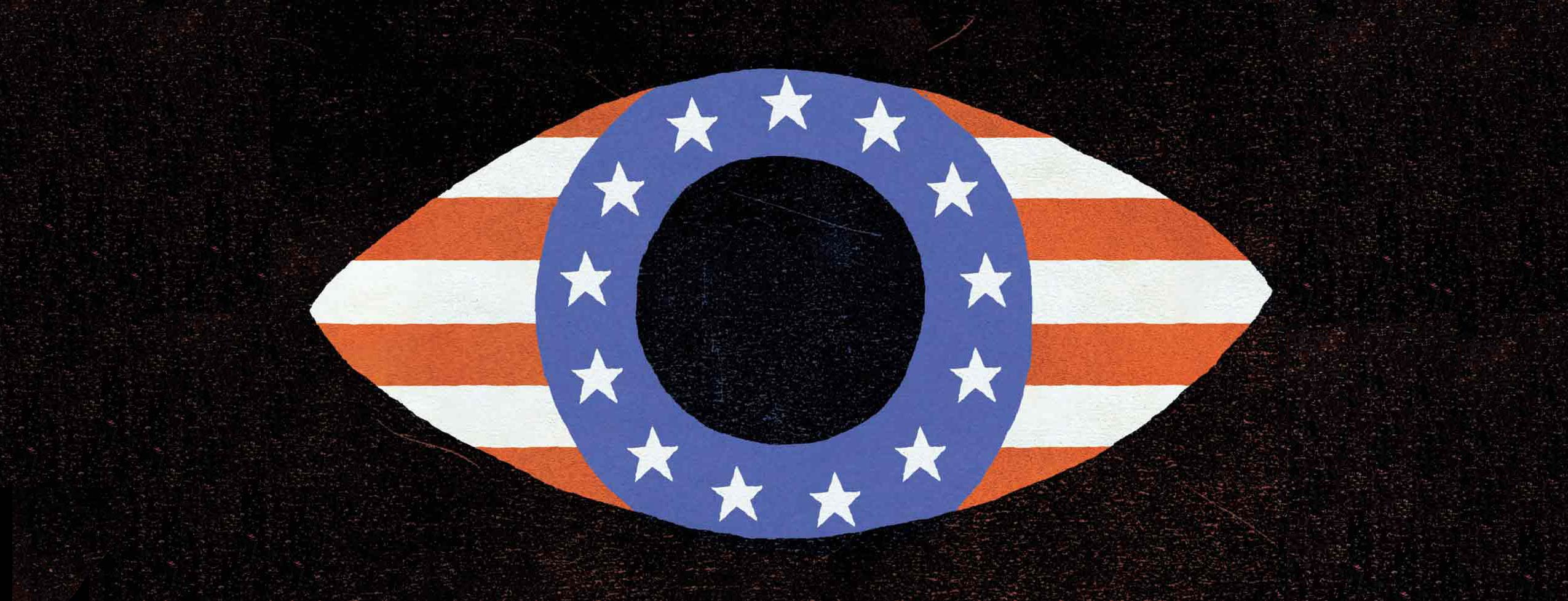People
Bruce Mann
-
Roughly two dozen Harvard Law School professors have signed a New York Times editorial arguing that the United States Senate should not confirm Judge Brett M. Kavanaugh as an Associate Justice of the Supreme Court. Harvard affiliates — including former Law School Dean Martha L. Minow and Laurence Tribe — joined more than 1,000 law professors across the country in signing the editorial, published online Wednesday. The professors wrote that Kavanaugh displayed a lack of “impartiality and judicial temperament requisite to sit on the highest court of our land” in the heated testimony he gave during a nationally televised hearing held Sept. 27 in front of the Senate Judiciary Committee....As of late Wednesday, the letter had been signed by the following: Sabi Ardalan, Christopher T. Bavitz, Elizabeth Bartholet, Christine Desan, Susan H. Farbstein, Nancy Gertner, Robert Greenwald, Michael Gregory, Janet Halley, Jon Hanson, Adriaan Lanni, Bruce H. Mann, Frank Michelman, Martha Minow, Robert H. Mnookin, Intisar Rabb, Daphna Renan, David L. Shapiro, Joseph William Singer, Carol S. Steiker, Matthew C. Stephenson, Laurence Tribe, Lucie White, Alex Whiting, Jonathan Zittrain
-
Ethnicity not a factor in Elizabeth Warren’s rise in law
September 4, 2018
The 60-plus Harvard Law School professors who filed into an auditorium-style room on the first floor of Pound Hall on that February 1993 afternoon had a significant question to answer: Should they offer a job to Elizabeth Warren?...The Globe examined hundreds of documents, many of them never before available, and reached out to all 52 of the law professors who are still living and were eligible to be in that Pound Hall room at Harvard Law School...“By the unwritten rules that most schools played by at the time, none of this should have happened,” explained Bruce Mann, Warren’s husband of 38 years, who joined her for the interview with the Globe. “Law faculties hired in their own image. . . except for those rare occasions when someone came along that was just so stunningly good that they couldn’t ignore her.”...She dazzled Andrew Kaufman, a Harvard Law School professor who recalled meeting her at a conference she organized at the University of Wisconsin Law School in the mid-1980s. “I was blown away,” Kaufman said, recalling his first interaction with Warren. “I thought she was a real whiz.”...“The views had a lot to do with the methodology she was using,” recalled David Wilkins, a Harvard Law professor who voted to offer Warren a job. “Was it the right methodology?” ...“She was not on the radar screen at all in terms of a racial minority hire,” [Randall] Kennedy told the Globe. “It was just not an issue. I can’t remember anybody ever mentioning her in this context.”...“It had nothing to do with our consideration and deliberation,” said Charles Fried, the former solicitor general to president Ronald Reagan and a member of the Harvard Law School appointments committee at the time. “How many times do you have to have the same thing explained to you?”
-
On the Bookshelf: HLS Authors
December 14, 2017
This fall, the Harvard Law School Library hosted a series of book talks by HLS authors, with topics ranging from Justice and Leadership in Early Islamic Courts to a Citizen's Guide to Impeachment. As part of this ongoing series, faculty authors from various disciplines shared their research and discussed their recently published books.
-
Looking back at the founding of Harvard Law School
September 13, 2017
To officially open Harvard Law School’s Bicentennial celebration, a panel of Harvard Law School faculty members gathered on Sept. 5 to discuss the law school’s early history.
-
“To Be True to Our Complicated History”
September 7, 2017
Midway through the list of names was when the crowd fell fully silent. Some 300 people, suddenly pinned in place, stood motionless in a half-circle around the outdoor podium where Janet Halley, Royall professor of law, was reading out the names of slaves who’d once belonged to Isaac Royall Jr., the eighteenth-century sugar-plantation owner whose fortune endowed Halley’s professorship and helped establish Harvard Law School...Inside Wasserstein Hall earlier in the evening, listeners had heard some of that complicated history from Warren visiting professor of American legal history Daniel Coquillette. The author of On the Battlefield of Merit: Harvard Law School, the First Century, he spoke not only about Royall, a brutal slave owner whose plantation in Antigua was notorious (he kept a 500-acre farm in Medford, too), but also about the school’s connections to the Fugitive Slave Act of 1793—which most faculty members at the time strongly supported, Coquillette sai...After Coquillette’s remarks—and a panel discussion that followed, with Halley, Warren professor of American legal history Annette Gordon-Reed, Klein professor of law Randall Kennedy, and Schipper professor of law Bruce Mann—audience members filed out into the courtyard to see the new memorial revealed.
-
Harvard Law School unveils memorial honoring enslaved people who enabled its founding
September 5, 2017
On Sept. 5, at the opening of its Bicentennial observance, Harvard Law School unveiled a memorial to the enslaved people whose labor helped make possible the founding of the school.
-
Law School Dean to Step Down in July
January 4, 2017
Dean of Harvard Law School Martha L. Minow will step down at the end of the academic year to return to teaching full-time, ending an eight-year tenure as dean that spanned a global financial crisis, federal Title IX scrutiny, and widespread student protest...“Being a scholar and a teacher was my highest aspiration. I’ve loved it and I am eager to return to it,” Minow said in an interview...“I cannot imagine as good a dean for the Law School [as Minow],” Law School professor Laurence H. Tribe said. “I think that Drew Faust made a wise and brilliant selection in persuading Martha to become dean of the law school and I look forward to working with President Faust to finding a successor, but I think Martha’s shoes are impossible to fill.”...Nino Monea, the Law School’s student body president, said he enjoyed working with Minow, even as he challenged her and the administration to address student concerns...Law School professor Bruce H. Mann said he regarded Minow as someone who lives by her principles and has done a terrific job of leading the Law School.
-
Library exhibit looks at the history of the former Harvard Law School shield
September 16, 2016
New exhibit documents the shield’s ties to the family of Isaac Royall, Jr., the 18th century slaveholder whose bequest established the first professorship of law at Harvard in 1815, through its removal in the spring of 2016.
-
The Harvard Law shield tied to slavery is already disappearing, after corporation vote
March 15, 2016
The symbol of Harvard Law School is already changing after the Harvard Corporation voted Monday to accept a committee’s recommendation to remove the shield used for 80 years because it does not reflect the values of the school. It was a powerful symbolic decision from one of the world’s most elite universities at a time when campuses across the United States and overseas are debating whether historic symbols, statues and names should be removed because of their ties to racism, or whether that would amount to erasing the past...“I was pleased that the corporation got to the matter as quickly as it did,” said Bruce H. Mann, chair of the committee and Carl F. Schipper Jr. professor of law. “No one ever has any idea when the corporation meets, so when you send off a recommendation to them, you really never know when you might hear back. I think that in this case, the quickness with which they addressed the issue was a measure of how seriously they took all the effort we had put into trying to resolve the matter.”
-
Harvard Corporation agrees to retire HLS shield
March 14, 2016
The Harvard Corporation has approved the recommendation of the Harvard Law School Shield Committee to retire the HLS shield, which is modeled on the family crest of an 18th century slaveholder.
-
A months-long debate over Harvard Law School's controversial seal came to an uncertain close Friday, when a committee recommend the University replace it. But in the wake of the committee's lofty suggestion to retire the seal, alumni and affiliates responded with range of opinions...“I have found from the responses that I’ve received that many people...respect the care and respect with which the committee conducted itself, and often compliment us on having handled a difficult task in a fair and open and reasoned fashion,” committee chair and Law School professor Bruce H. Mann said. Not all of the feedback Mann has received has been supportive of the change. He said he has received responses on both sides of the issue and called disagreement "inevitable."...For activists, the committee’s recommendation was an unsurprising victory. “It was exactly what I expected all along,” President of the Black Law Students Association Leland S. Shelton said...However, activists said they were disappointed the letter from Minow accompanying the report did not mention their efforts. “It totally elides over all of the tireless hard work that student activists, staff members, faculty members from across the University have been putting in day in and day out to make this happen,” Aparna Gokhale, a member of the group Reclaim Harvard Law, said...While students with dissenting opinions also commended administrators’ open approach, third-year Law student William H. Barlow, who has publicly decried activism at the school, said activists have created an environment that silences opposing voices. “There’s tremendous amounts of social pressure, especially in a university that leans heavily left, to not say anything that could be perceived as offensive or hurtful. A lot of people have chosen to stay out of the debate because they don’t want to be called a racist,” Barlow said...By no means did our charge close the chapter on Isaac Royall and racial inclusion at the Law School,” [Janet] Halley said. “Those discussions need to continue.”
-
Harvard Law School dean asks to change the school’s shield because of its ties to slavery
March 6, 2016
A committee at Harvard Law School has recommended that the shield that has long been used as a symbol should be retired, because it is the family crest of a slaveholder and does not reflect the values of the school...More than a thousand people contacted the committee with their opinions, which did not fall along predictable lines such as age, race, or political leanings, said Bruce H. Mann, the chair of the committee and Carl F. Schipper Jr. Professor of Law. The conversations they had were extraordinary, he said...Asked if the committee discussed possible alternative symbols for the law school, Mann said, “No, no, no. One problem at a time.”
-
Law School committee recommends retiring current shield
March 4, 2016
A committee of Harvard Law School faculty, students, alumni, and staff established in November by Dean Martha Minow has recommended to the Harvard Corporation that the HLS shield — which is modeled on the family crest of an 18th century slaveholder — no longer be the official symbol of Harvard Law School.
-
Law School Committee Prepares to Release Report on Seal
February 23, 2016
...After re-examining the seal’s history roughly 80 years later, a Law School committee will likely decide this week whether to recommend changing the school’s shield. After weeks of reviewing documents detailing the seal’s origins and speaking to Law School affiliates, the committee—composed of students, faculty, staff, and alumni—will release its full report in March to the Corporation, which holds final decision-making authority...“The report that we make to the Corporation will be very detailed,” Bruce H. Mann, chair of the committee reviewing the seal, said. “It will include what we know about Isaac Royall, it will include the origins of the shield, the circumstances in which it was adopted, because all of those really are relevant factors in what should be done with the shield going forward.”...Bianca S. Tylek, a Law School student activist, said that based on the committee members’ backgrounds, the group seems favorable to changing the seal. The committee includes activists and legal historians who study civil rights and race in America. “I think we have a pretty good feeling about the shield changing,” Tylek said.
-
Committee exploring whether Harvard Law School shield should be changed
November 30, 2015
Harvard Law School Dean Martha Minow has announced the creation of a committee to research if the school should continue to use its current shield. The shield is the coat of arms of the family of Isaac Royall, whose bequest endowed the first professorship of law at Harvard.
-
Harvard Law School Will Reconsider Its Controversial Seal
November 30, 2015
On the heels of an incident of racially-charged vandalism on campus, Harvard Law School Dean Martha L. Minow has appointed a committee to reconsider the school’s controversial seal—the crest of the former slaveholding Royall family that endowed Harvard’s first law professorship in the 19th century...Law professor Bruce H. Mann will serve as the chair of the committee, according to Minow’s email. Mann will be joined by Law professors Tomiko Brown-Nagin, Annette Gordon-Reed, Janet E. Halley, and Samuel Moyn...Two students and an alumnus will also serve on the committee.
-
An op-ed by Richard D. Brown and Bruce H. Mann. Thomas Piketty, writing from France, is the latest person to sound an alarm about the growing inequality of income and wealth. But his ideas have distinctly American roots that date to the country's formation…Today, however, as Americans arrive at the brink of a new Gilded Age of wealth and inequality, calls for intervention are going unheeded. Wages have stagnated. Executive compensation has ballooned from about 20 times the average wage income to nearly 300 times...The economic, social and political consequences of these changes are profound
-
The Long View
October 1, 2012
As two HLS graduates are vying to lead the United States, we asked six legal historians on the faculty to reflect on the connections between legal education and leadership.
